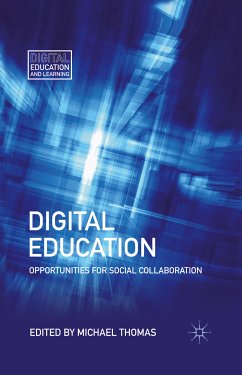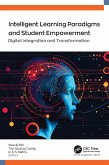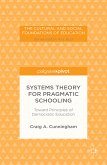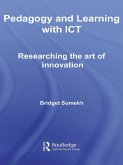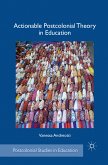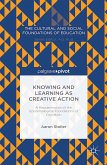Dieser Download kann aus rechtlichen Gründen nur mit Rechnungsadresse in A, B, BG, CY, CZ, D, DK, EW, E, FIN, F, GR, HR, H, IRL, I, LT, L, LR, M, NL, PL, P, R, S, SLO, SK ausgeliefert werden.
"Digital Education introduces a healthy corrective to exaggerated techno-optimism or techno-pessimism. The thought-provoking edited collection represents one of the first serious attempts to examine how Web 2.0 may not only improve but also help transform education. Contributors to the book bring a wide range of social theory to the task . . . And they apply this theory to examining incipient efforts to deploy Web 2.0 tools in a broad range of formal educational settings, especially at the tertiary and adult level. Chapters from and about Australia, Canada, Germany, Indonesia, South Africa, Spain, the UK, the US, and Venezuela result in a diverse international discussion that is not common in educational research, and this breadth helps us to better understand the relationship of theory to practice. . . . The contributions in this book represent an especially broad and thoughtful overview of where we have come on these issues and where we stand today." -Professor Mark Warschauer, University of California, Irvine

